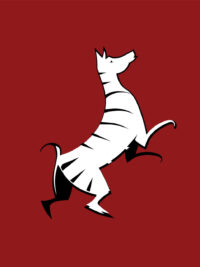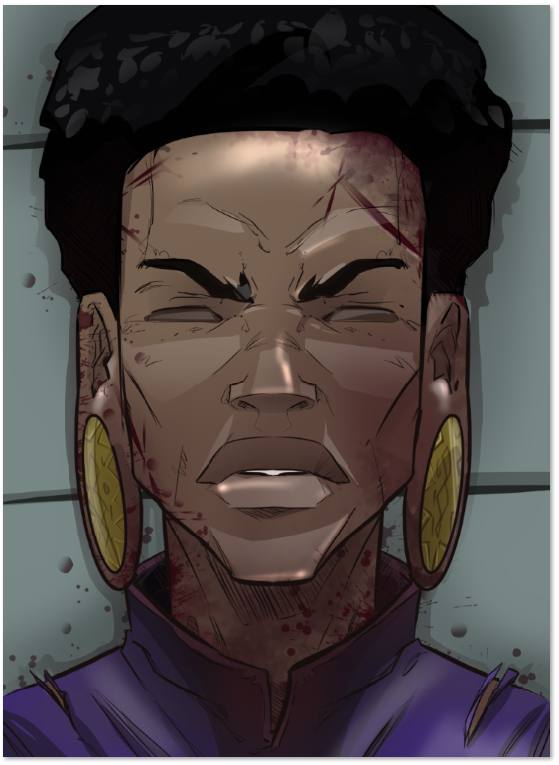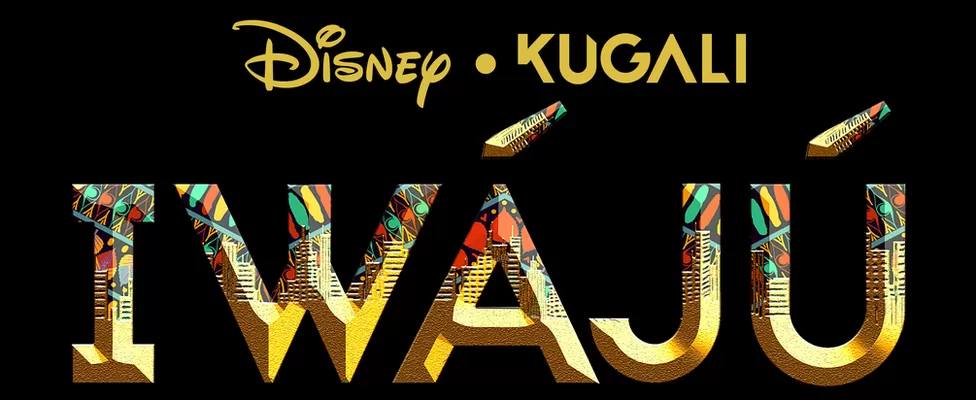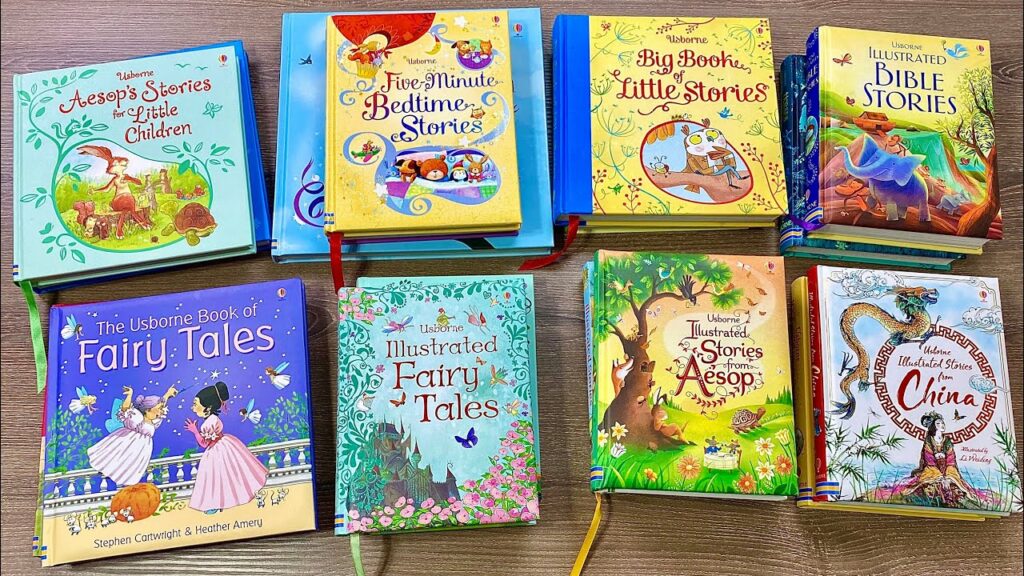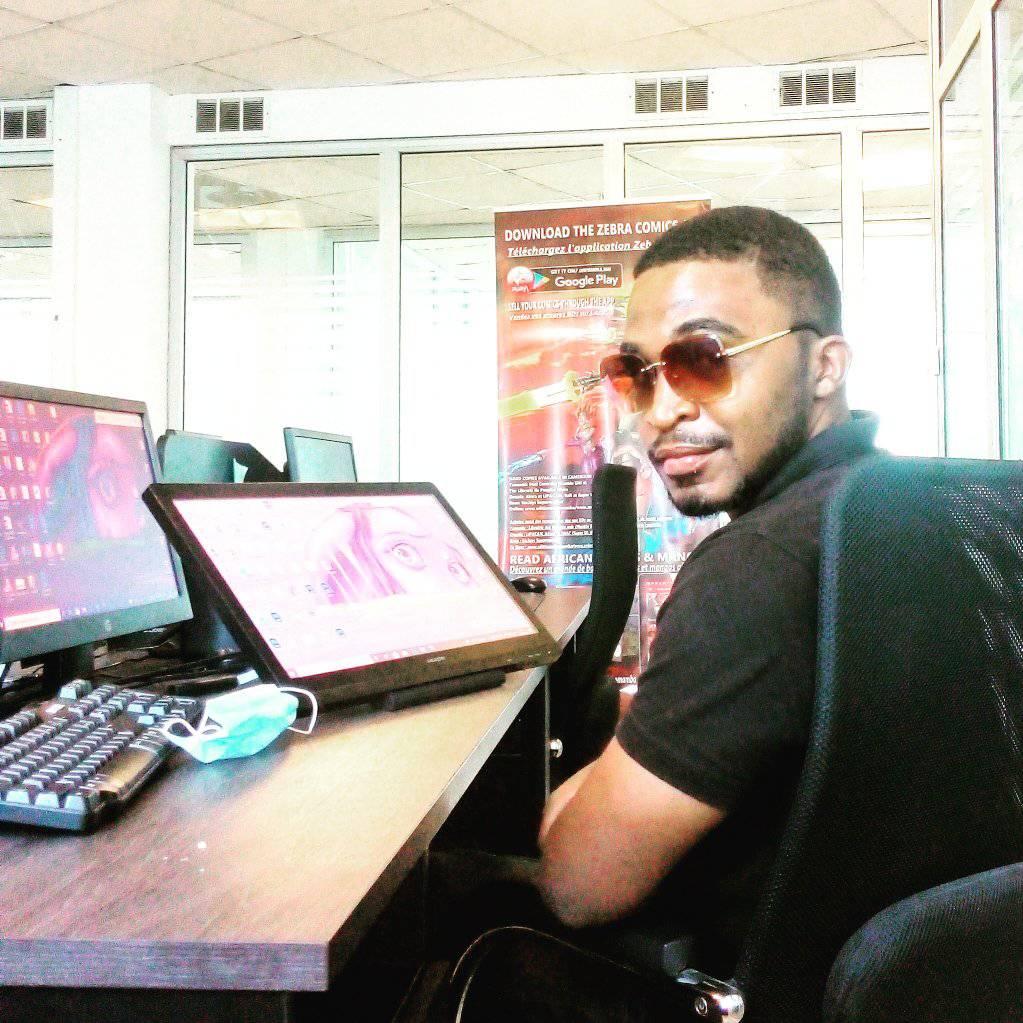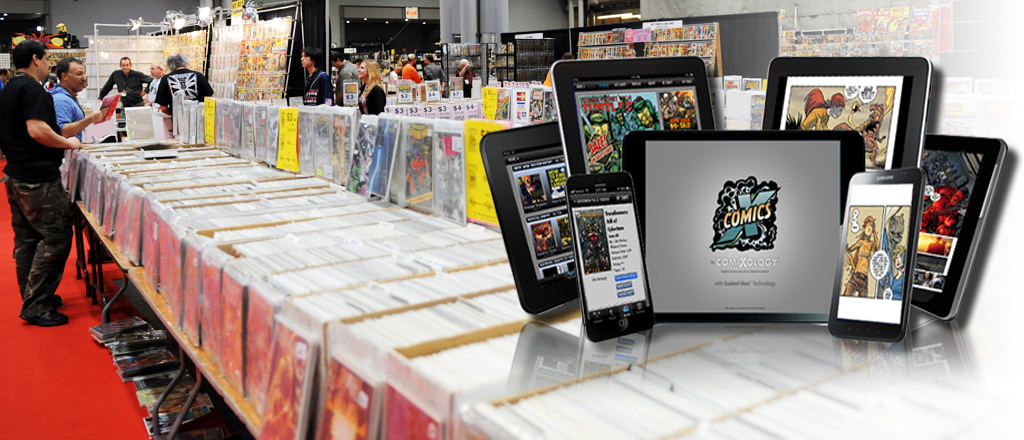7 Tips to Create Memorable African Characters for Comics
Visual storytelling has been a part of African storytelling for generations, with traditional art forms such as Nsibidi and Adinkra utilized to transmit vital themes. The growth of digital comics in recent years has created new opportunities for African creators to showcase their work to a global audience. African comics have seen a rise in […]
7 Tips to Create Memorable African Characters for Comics Read More »
